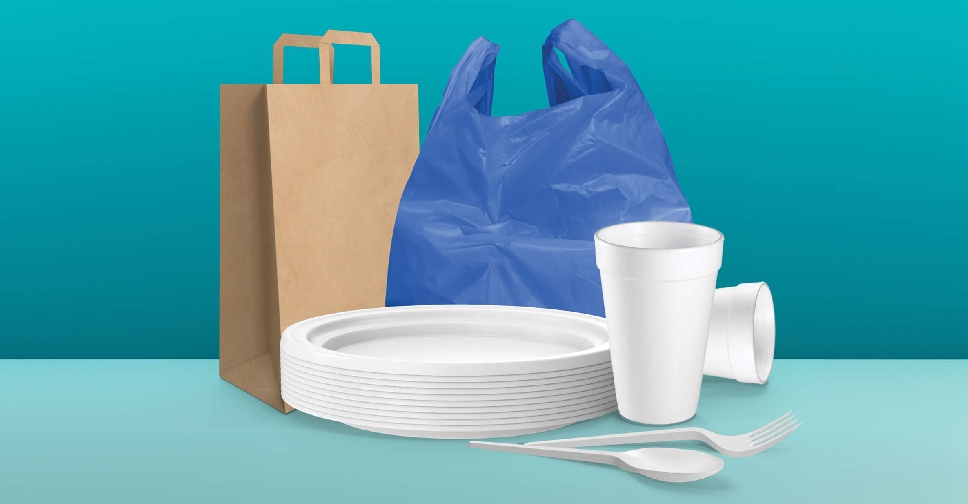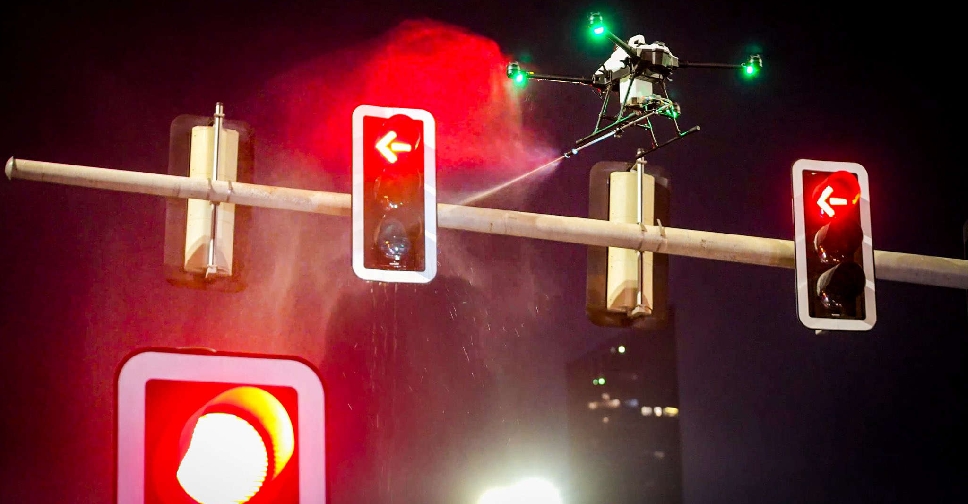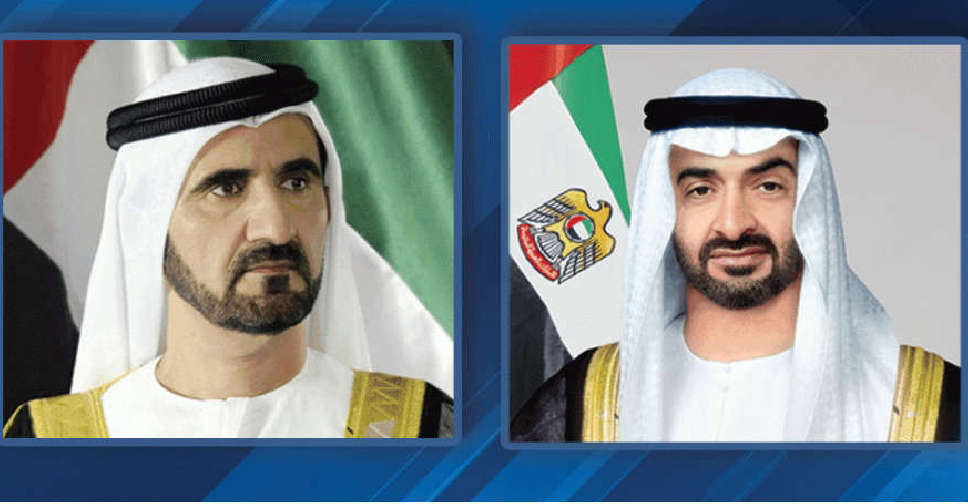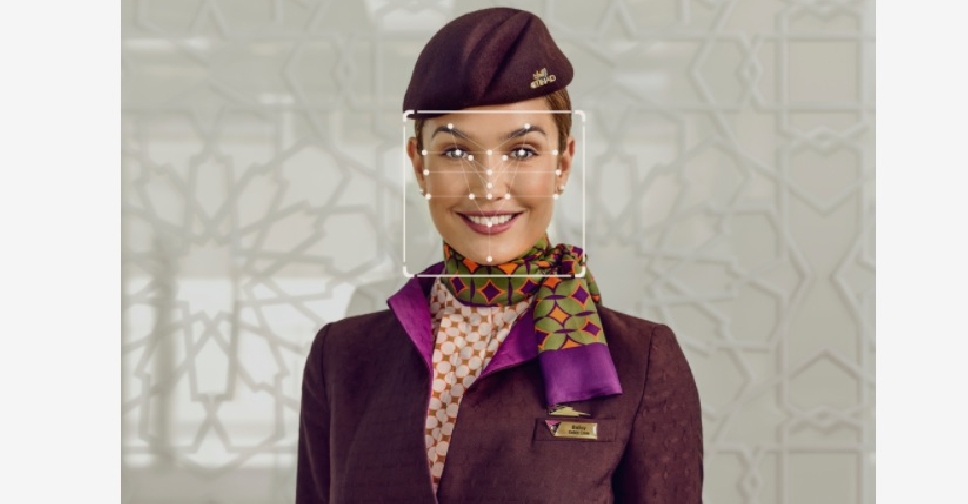
Etihad Airways has partnered with IT firm SITA to trial the use of facial biometrics to check-in cabin crew at Abu Dhabi International airport.
The process will use facial recognition technology to identify and authenticate crew members, allowing them to complete check-in procedures and mandatory pre-flight safety and security questions digitally via their own mobile devices.
It will replace the current kiosk-based check-in process that requires the crew to use their staff identity cards as a form of authentication.
Captain Sulaiman Yaqoobi, Vice President Flight Operations, Etihad Aviation Group said the integration of "contactless technology, biometric services will increase efficiency" and reduce "the spread of COVID-19 by limiting physical touchpoints and maximising social distancing measures".
Roger Nakouzi, Vice President Sales, SITA, described it as a "smarter and more efficient working environment for the crew while solving a key operational challenge of the pandemic by reducing contact points".
The trial will continue until February 2021 and will provide the airline with invaluable data to explore future exploration of biometric technology for use in guest operations, such as passenger check-in and boarding.

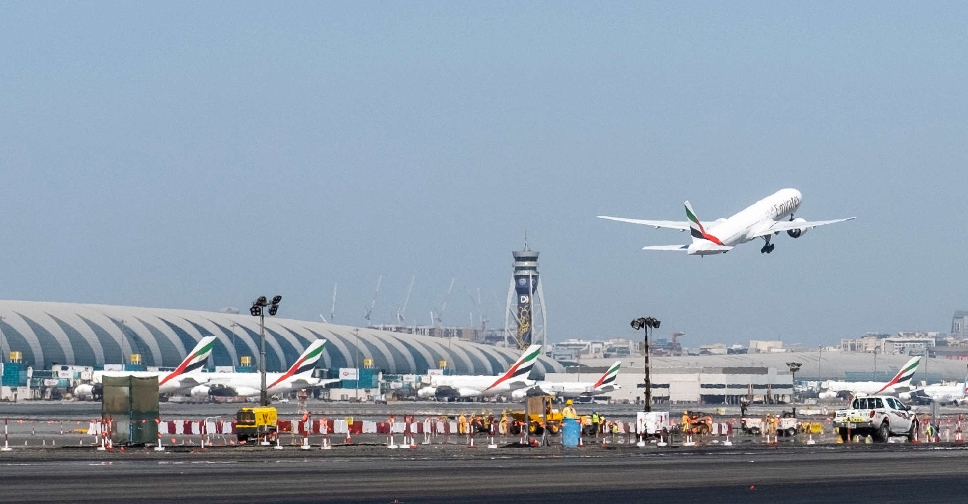 DXB to welcome over 4.2 million guests over next two weeks
DXB to welcome over 4.2 million guests over next two weeks
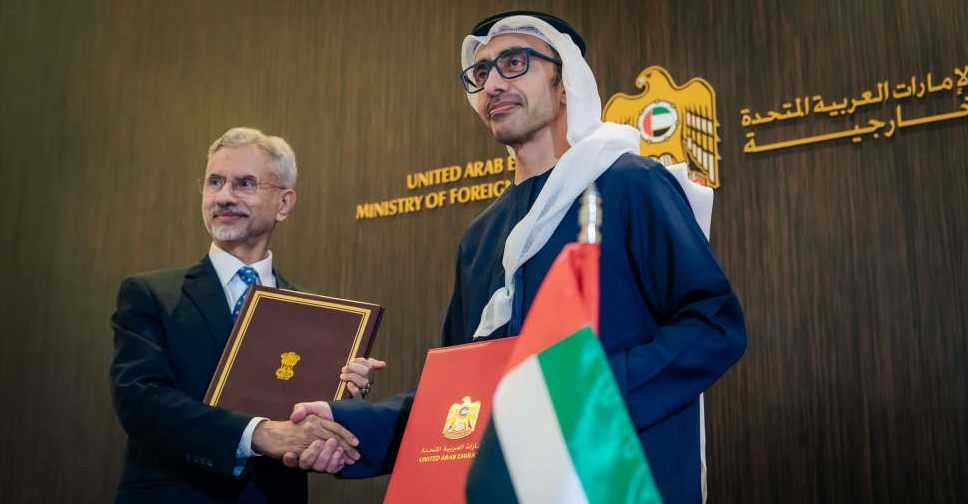 UAE, India review strategic partnership during joint sessions in Abu Dhabi
UAE, India review strategic partnership during joint sessions in Abu Dhabi
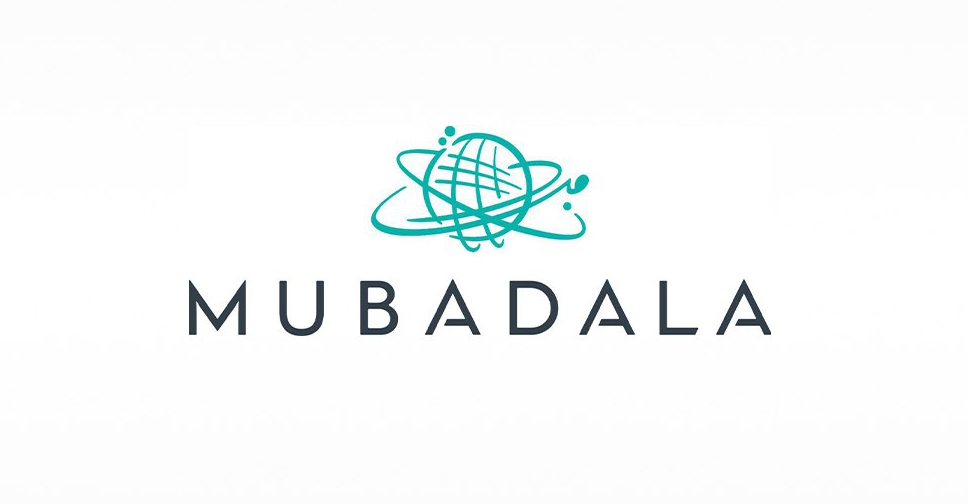 Mubadala, Barings launch $500 million global real estate debt partnership
Mubadala, Barings launch $500 million global real estate debt partnership
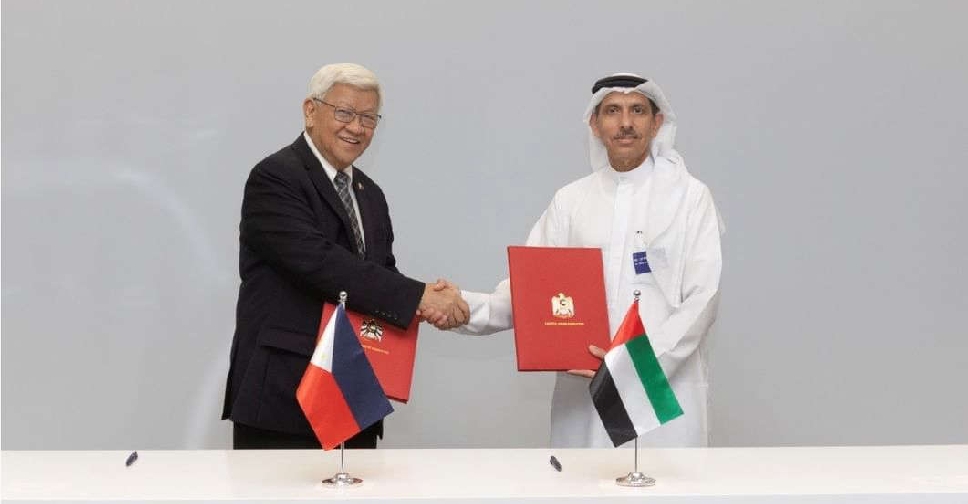 UAE, Philippines agree on additional flight rights
UAE, Philippines agree on additional flight rights
 Dubai launches nationwide campaign to combat economic fraud
Dubai launches nationwide campaign to combat economic fraud

